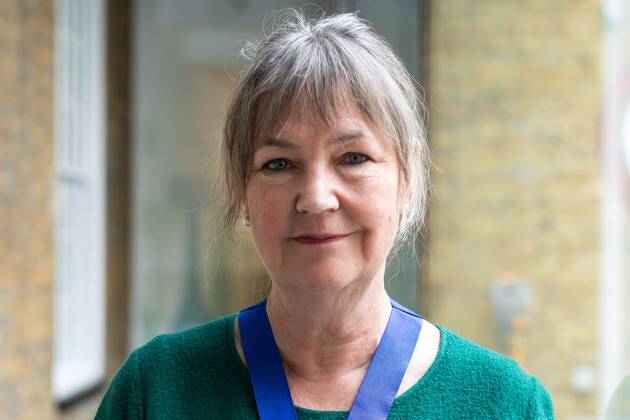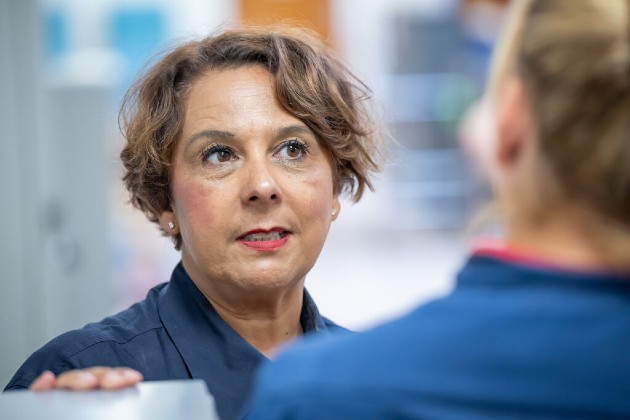Student nurse Rose shares her reflections on a winter placement in A&E
And another patient through the doors – this time a head injury on blood thinners. Abdominal pain, raised temperature and confusion. The paramedic crew think sepsis – straight through to resus. Another fall. Loss of consciousness. Chest pain.
They keep coming, patient after patient, an endless trail of trollies into the cliché of the overcrowded, winter A&E department where I am on student placement. Patients should move up to the ward as soon as they’re stable but a lack of available beds results in a stalemate of patients queuing in the corridors, euphemistically termed "overflow".
Accompanying patients to the ward is a task that I can do as a student nurse and is good practise for handing over when I am qualified. As long as the patient is stable, I am happy to photocopy the paperwork and help manoeuvre the trolley out of the department.
The calm of the wards is refreshing. One particular patient, however, starts vomiting as we arrive. Immediately, the atmosphere changes and the ward is no longer able to accept the patient. This is stressful for me and devastating for the patient who has been waiting for hours. Following a difficult conversation, the ward agrees to accept them.

Expectations versus reality
Thanks to extensive media coverage of A&E winter pressures, I expected this. I expected a busy department with chaotic human bodies, organised according to medical need. However, it is impossible to fully appreciate the smells of blood, urine, faeces, vomit, the violence of injury, the human cries and the complexities of professional interaction under extreme pressure. And no amount of studying can prepare you for the feeling of failure to provide adequate care for your patients.
One staff member said the nature of A&E nursing is changing, it’s no longer just about providing treatment that will save a life, or settle pain or stop an infection before moving to a ward. Patients now must wait so long in the department that ward level care is required, but staffing levels, resources and time all restrict the ability of the staff to deliver this type of care.
Under strain
I love the NHS, but to experience exactly how strained it really is before I even start practising as a qualified nurse is disheartening. I am sure I am not alone in being devastated at the obvious limitations of its current state.
However, we must look to the future. We need to be pragmatic. We must find a sustainable solution that enables staff to provide adequate, safe and fair health care to all patients. And we must find one soon.
Raising concerns
A lot of your time as a student will be spent on placement and seeing the theory being put into practice can raise many questions. If you have concerns, firstly speak with your supervisor or mentor. Also, read your placement or student handbook to find out how to deal with these difficulties. Contact RCN Direct on 0345 772 6100 if you have followed your university's guidance and the problem still exists.








